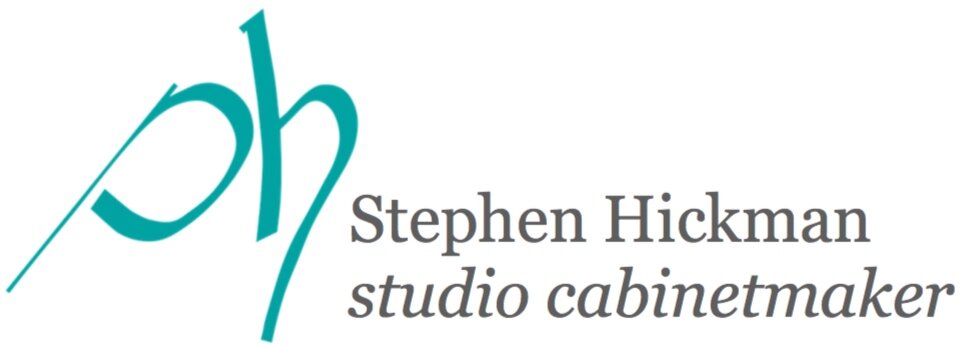Hunter Gatherers
Saturday 11th November 2023
Dear Friends,
Armchair anthropology relaxes me.
I am not much of a fan of TV drama, and I don’t usually have the attention span for a feature-length film, but I love programmes about ancient tribes and lost civilisations.
My current indulgence is an old BBC series called Tribe. Filmed between 2005 and 2007, ex-Royal-Marine-turned-explorer Bruce Parry goes to visit some of the world’s most remote peoples - tribes that have had only very limited contact with the outside world, and practically no contact with the western world at all.
The thing that struck me was the incredible and frequent use of their hands in their day-to-day survival. These people were either total hunter-gatherers, or very basic agriculturalists. Keeping herds of valuable animals and hand-working a small patch of land to grow some crops was about as technologically advanced as it got.
But their use of their hands was outstanding.
Tasks as diverse as bow-hunting, mashing the pith-like centre of the sago palm for food, and crafting necklaces made of pig’s teeth, were all, of course, completed entirely by hand.
And our adventurous host, even with his high level of physical prowess by western standards, just couldn’t keep up.
It got me thinking.
In spite of our veneer of modern civilisation, physically we still all live in bodies adapted to hunter-gathering, and cannot escape being innate tool-using creatures. Yes, various apes can use basic tools to help them get food. But using your hands to manipulate your surroundings and solve the complex problems of survival is a unique human activity.
Even as little as a hundred years ago we were still using our hands for many daily tasks, and that is not to mention the 200,000+ years of being homo-sapiens, and far longer if you consider the human genus as a whole.
We have been tool-using creatures for a very, very long time.
Tool use is, of course, a hand-brain connection. Brain thinks “I have this problem which needs solving” and puts our hands to work in constructing the solution. Then there is feedback from the senses (specifically sight and touch) which guides and refines our work.
I cannot help but think that for most of us, the atrophying of this connection through lack of use is something we feel physically.
We physically feel the discomfort of not having strong and skilful hands..
I know I certainly did, which is what prompted me to take this path. It’s why I am such a passionate wood-worker, and a passionate advocate of supporting makers in all disciplines.
Perhaps not everyone feels this. I would never want to claim that everyone has the need to craft something. But those who do understand what I am talking about
They gravitate towards making something. Anything.
To unlock a part of their biological heritage.
And the benefits they feel go far beyond just the emotional satisfaction of having made something.
Until next time, whatever you make, keep on making it.
And, as always,
Stay sharp, friends
~sh
